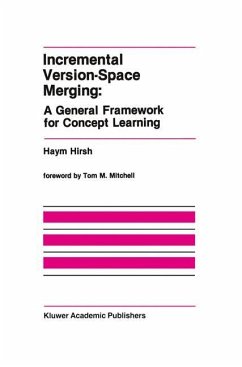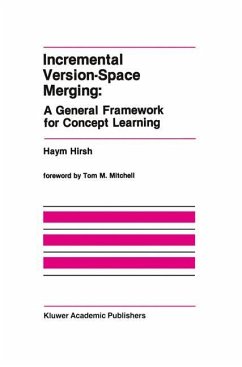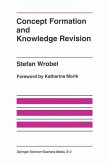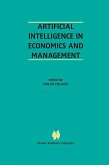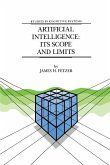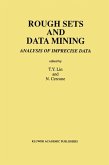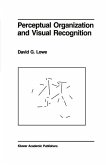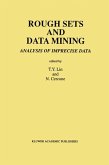One of the most enjoyable experiences in science is hearing a simple but novel idea which instantly rings true, and whose consequences then begin to unfold in unforeseen directions. For me, this book presents such an idea and several of its ramifications. This book is concerned with machine learning. It focuses on a ques tion that is central to understanding how computers might learn: "how can a computer acquire the definition of some general concept by abstracting from specific training instances of the concept?" Although this question of how to automatically generalize from examples has been considered by many researchers over several decades, it remains only partly answered. The approach developed in this book, based on Haym Hirsh's Ph.D. dis sertation, leads to an algorithm which efficiently and exhaustively searches a space of hypotheses (possible generalizations of the data) to find all maxi mally consistent hypotheses, even in the presence of certain types of incon sistencies in the data. More generally, it provides a framework for integrat ing different types of constraints (e.g., training examples, prior knowledge) which allow the learner to reduce the set of hypotheses under consideration.
Hinweis: Dieser Artikel kann nur an eine deutsche Lieferadresse ausgeliefert werden.
Hinweis: Dieser Artikel kann nur an eine deutsche Lieferadresse ausgeliefert werden.

